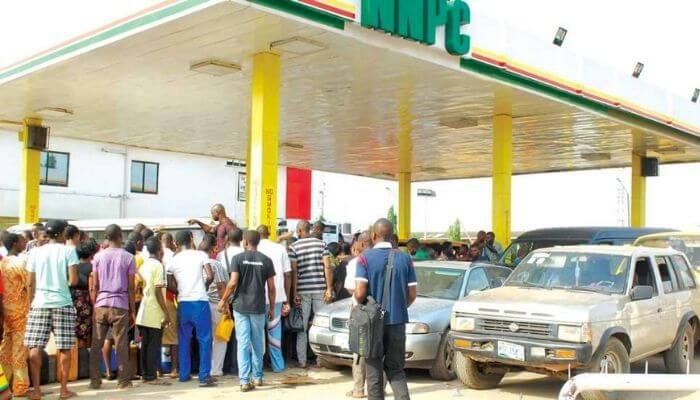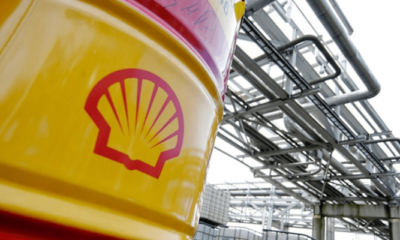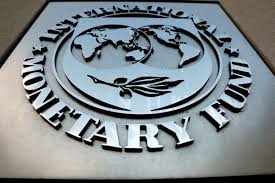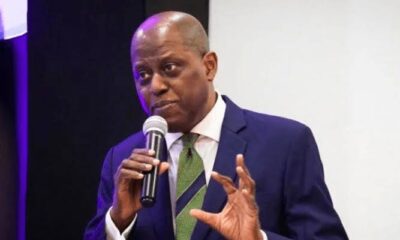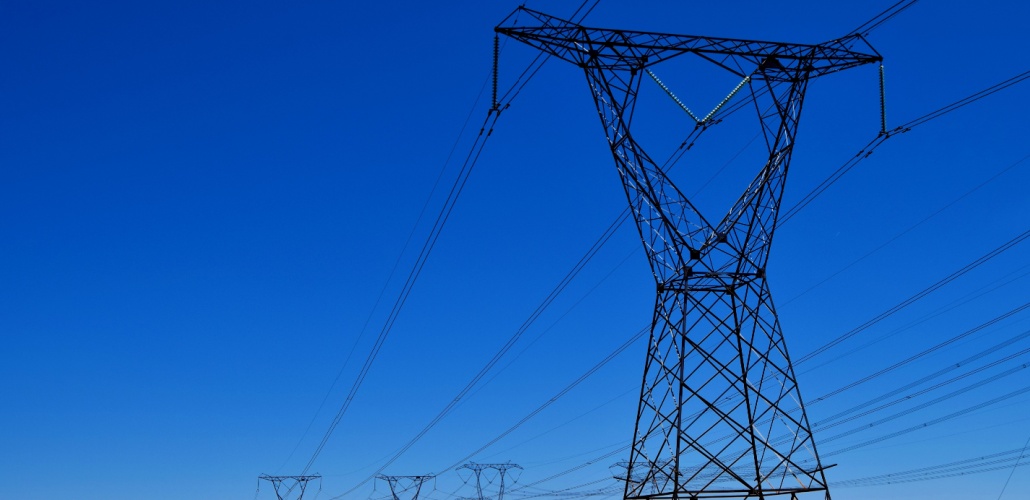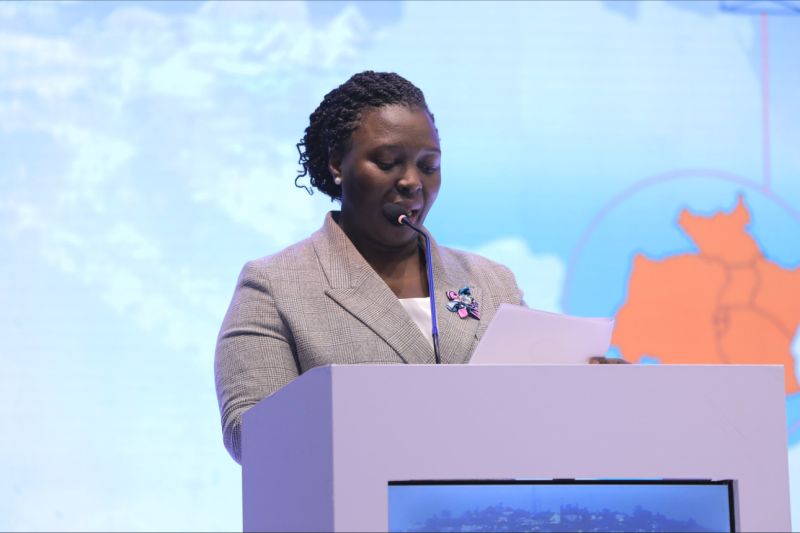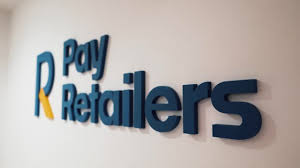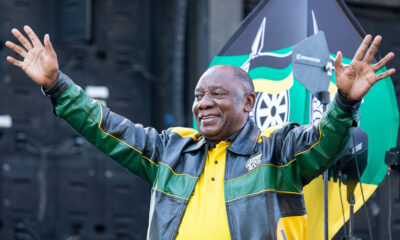Oil marketers in Nigeria have warned that an increase in the price of Premium Motor Spirit, popularly called petrol, is imminent following the fall of the country’s currency, the Naira, which now exchanges between N910 and N950 at the parallel market to the dollar.
The marketers claimed that the CBN’s Importers and Exporters’ (I&E) official window for foreign exchange, which has a lower exchange rate of approximately N740/dollar, had remained illiquid and was unable to offer the $25 million to $30 million needed for dealers to import PMS.
Thus, the marketers revealed that the scarcity of dollar in the official market means they were condemned to source from the parallel market which made product importation almost out of reach for them.
According to Chief Chinedu Ukadike, the National Public Relations Officer for the Independent Petroleum Marketers Association of Nigeria, the price of petrol is now determined by changes in foreign exchange, therefore, Nigerians should prepare for a rise shortly.
He further revealed that petrol prices could rise between N680/litre and N720/litre in the coming weeks should the dollar situation continue.
“If there is a gap in the naira against the dollar, there is going to be an effect,” he said in response to the question of whether oil marketers were considering raising the price of petrol.
Meanwhile, Executive Secretary of the Major Oil Marketers Association of Nigeria, Clement Isong, commenting on the fear of a possible hike in petrol price, stated that the government might have to intervene.
“Well, the President himself said in his speech that if they find petrol prices moving too high, they would intervene. We don’t want prices to move too high, nobody wants that.
“So if the dollar continues to climb, we are expecting some sort of intervention from the government based on what the President said,” he stated.
According to government data, Nigeria spent 4.39 trillion Naira ($9.7 billion) on fuel subsidies in 2022, with over ₦1.15 trillion reportedly spent in 2021.
However, President Bola Tinubu on his inauguration on May 29, announced the full removal of fuel subsidy, leading to a hike in fuel prices from N200 to between N518 and N630 per litre across the country. While some experts commended the removal, the removal has already triggered a cost of living crisis in the country.

